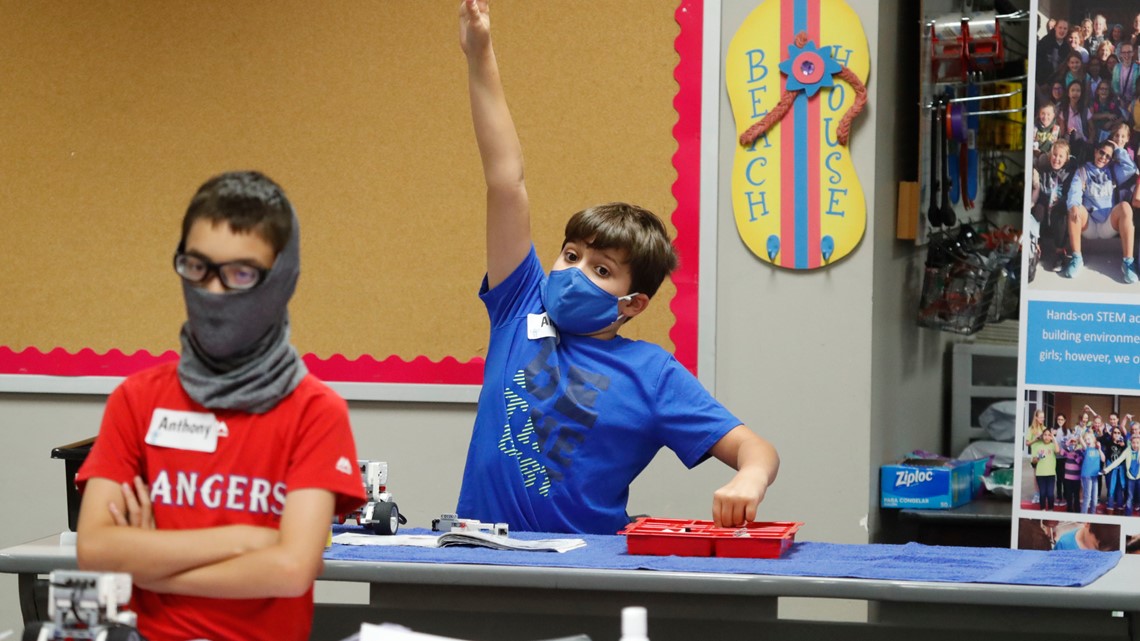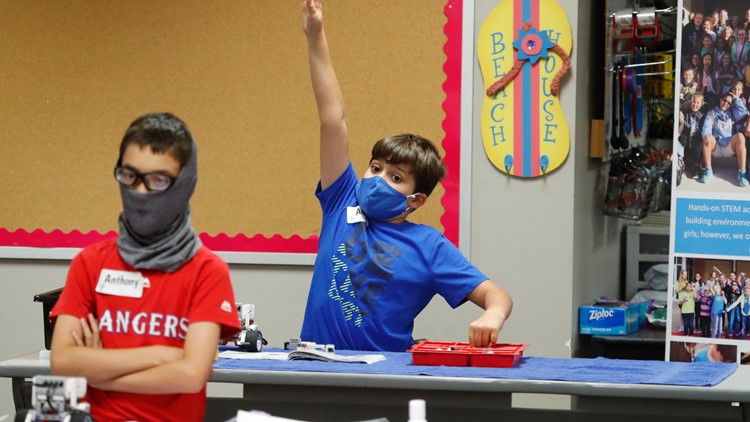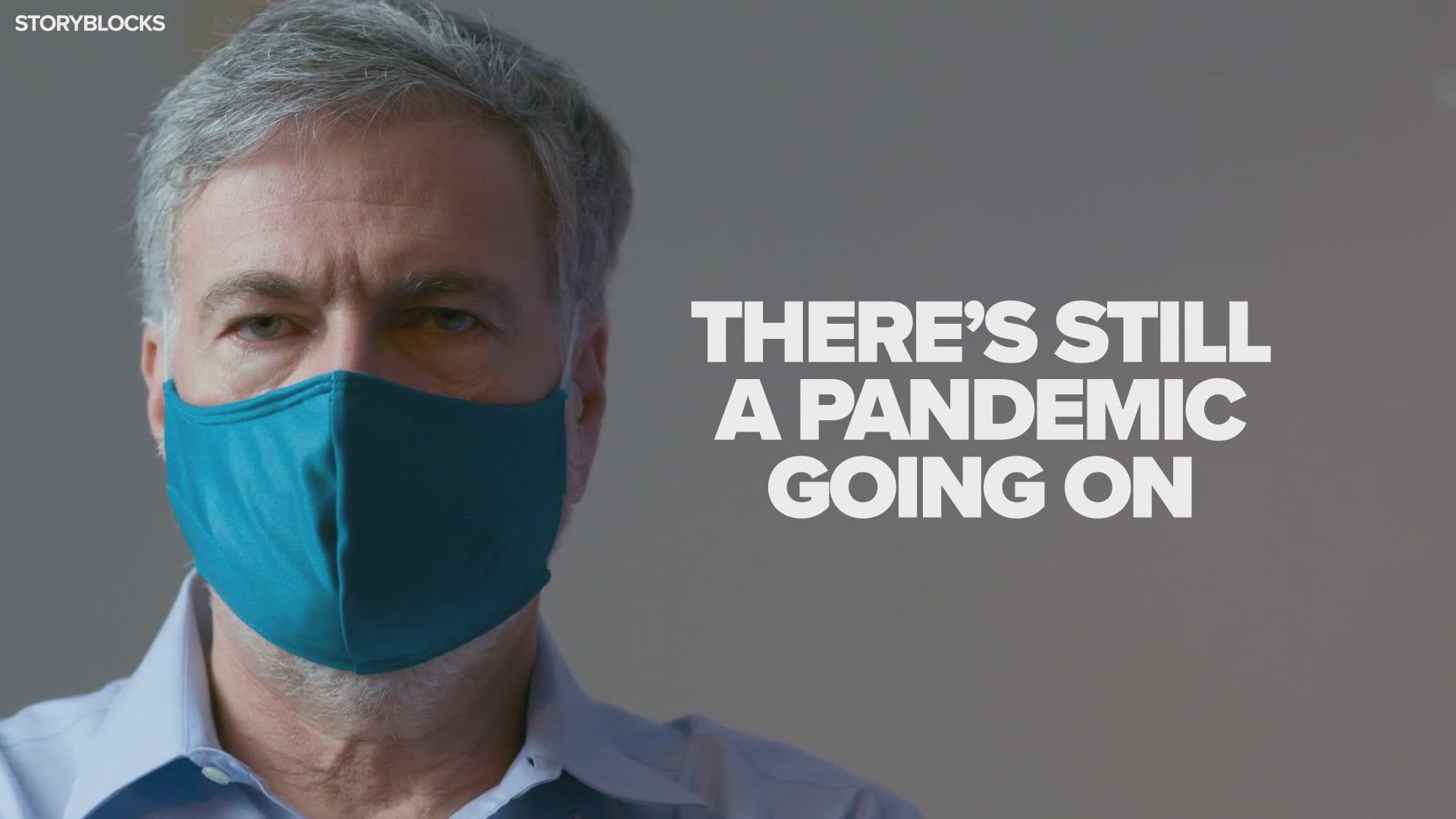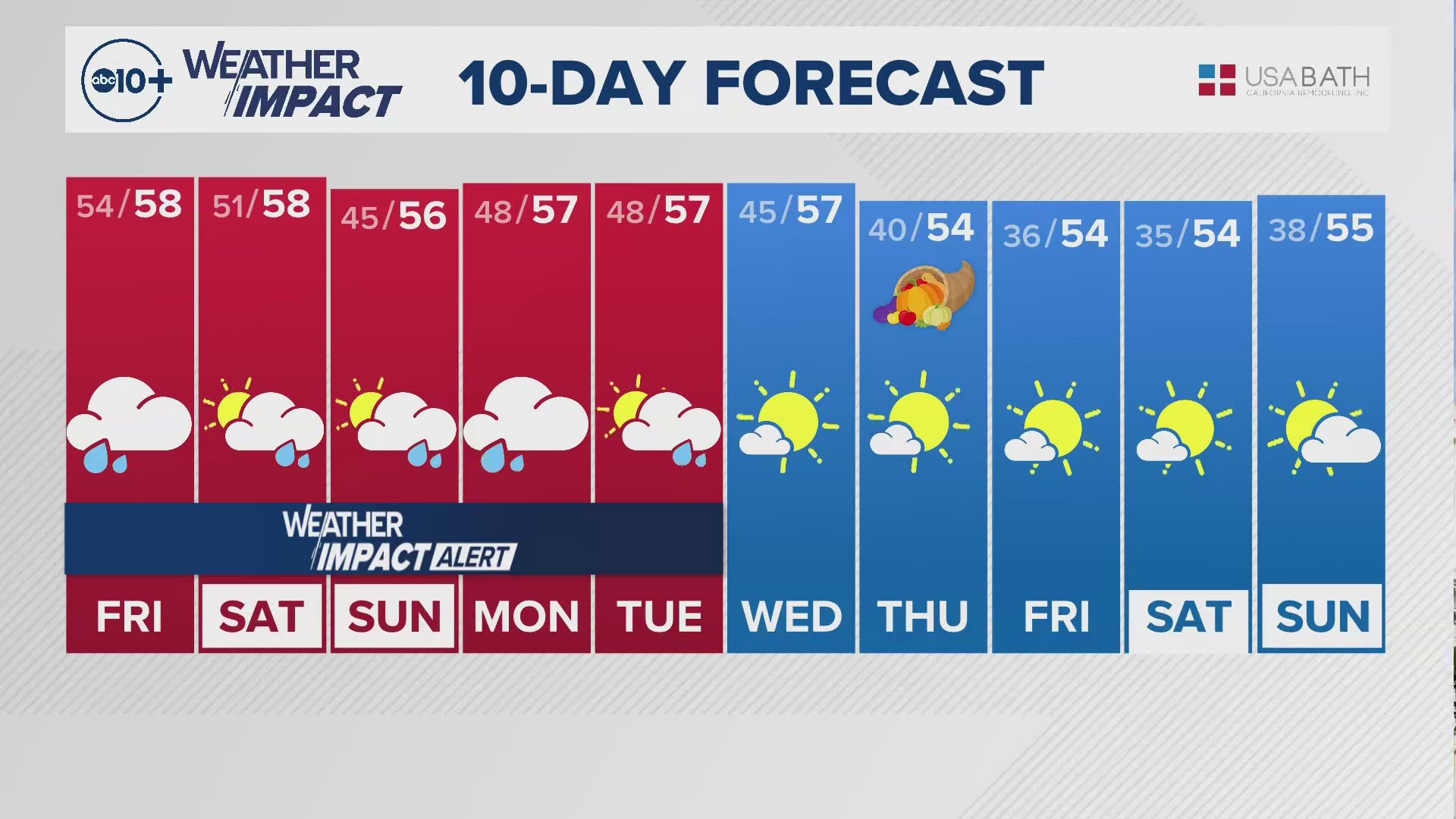DES MOINES, Iowa — School districts that plan to reopen classrooms in the fall are wrestling with whether to require teachers and students to wear face masks — an issue that has divided urban and rural schools and yielded widely varying guidance.
The divide has also taken on political dimensions in Iowa, among other places, where Democratic-leaning cities like Des Moines and Iowa City have required masks to curb the spread of the coronavirus, while smaller, more conservative communities have left the decision to parents.
“It’s a volatile issue,” said Mike McGrory, superintendent in Ottumwa, a district in the state's southeast corner with 4,700 students. “You have to be very sensitive and realize there are lots of perspectives.”
McGrory said it would have been easier if state health officials had issued specific rules, but since that did not happen, the district gave weight to the state Education Department's recommendation against a mask requirement.
Many states are calling for teachers to wear masks, including Alaska, Connecticut, California, Maine, Massachusetts, New Jersey, New York, Nevada, Ohio, Utah and Washington. Some will require masks for students. Many other states are leaving the decision to local officials.
Dr. Rob Murphy, an infectious disease expert at Northwestern University, said from a medical perspective, it should be an easy choice: Wear a mask in school.
Schools should take other steps, too, including reducing class sizes, limiting contact sports and screening students and teachers before they enter school buildings, Murphy said. But a first and essential step should be a mask requirement, said Murphy, who called the current lack of direction a “no plan plan.”
“This is how ridiculous the whole situation is. It’s all over the place,” Murphy said. “There’s a lack of any continuity to this. There’s nobody at the wheel.”
Even among health experts, there are disagreements. Many districts point to a recommendation by the American Academy of Pediatrics, which urges school officials to encourage but not require face coverings. The organization stresses the need for students to return to school and notes that coverings can impede learning for some children.


The Centers for Disease Control and Prevention has recommended students and teachers wear masks whenever feasible.
Other countries where schools have reopened have stopped short of mandating masks for all students.
In France, public schools reopened briefly before a summer break, with no sign of widespread virus transmission. Masks were only required for upper grades, but students stayed in the same classroom all day.
In Norway, nursery schools reopened first, followed by other grades. Children were put in smaller groups that stay together all day. Masks were not required.
Iowa's largely rural Western Dubuque Community School District will let students and their parents choose. Superintendent Rick Colpitts has heard the arguments for face coverings, but he also hears from people who are opposed.
“It’s a lose-lose situation,” Colpitts said. “We tried to take the political piece out of it, but there’s no way to make everyone happy.”
Iowa is among many states that have left the mask decision to local school officials. The state Education Department's recommendation against a mask requirement was based on the idea that a mandate would lead to a host of questions about what face coverings are acceptable, how the rules would be enforced and what exceptions could be made.
“There are just so many things that go into it,” Iowa Gov. Kim Reynolds, a Republican, said in explaining why she opposes a school mask requirement. “If somebody wears the same mask for seven days without appropriately washing it or changing it out, is it actually doing what it’s supposed to be doing? Who’s going to monitor that?”
To Lily Eskelsen Garcia, president of the National Education Association, the lack of mask requirements and other safety rules is “a formula for chaos.”
Claire Hanson, who teaches 8th grade English in North Liberty, Iowa, sympathizes with concerns that face coverings would be hard for young children but thinks it’s still the best option.
“Do you understand how resilient children are? It’s not a mask of terror. They will get through it,” Hanson said.
In Connecticut, officials have said they expect to include “mask breaks” throughout the day, especially for special-needs students. Schools also must provide masks for students who don’t have one.
Kasey Barrett said she’s worried about how the pandemic's social isolation is affecting her 4-year-old, Harper, who has not been able to play with her friends since March. She said she’s concerned about sending her to prekindergarten in Old Saybrook, Connecticut, in the fall, but believes her daughter can manage a mask.
“It might come off at some point during the day. And as a 4-year-old, she probably will need redirection from the teacher,” she said. “But then, if she sees other kids taking it off, will she take it off?”
DeAnna Strethers, whose youngest daughter attends high school in State Center, Iowa, said she understands parents who want to make their own decisions without mandates from the government.
“I’m not a big government type of person. I do not like my government telling me that you have to do this or can’t do that,” she said. “But personally, I think masks are smart.”
___
Associated Press writers David Pitt in Urbandale, Iowa; Grant Schulte in Omaha, Nebraska; Pat Eaton-Robb in Hartford, Connecticut; Joshua Housing and Brian P.D. Hannon in Phoenix; Desiree Mathurin in Atlanta; and Torrance Latham in Chicago contributed to this story.



